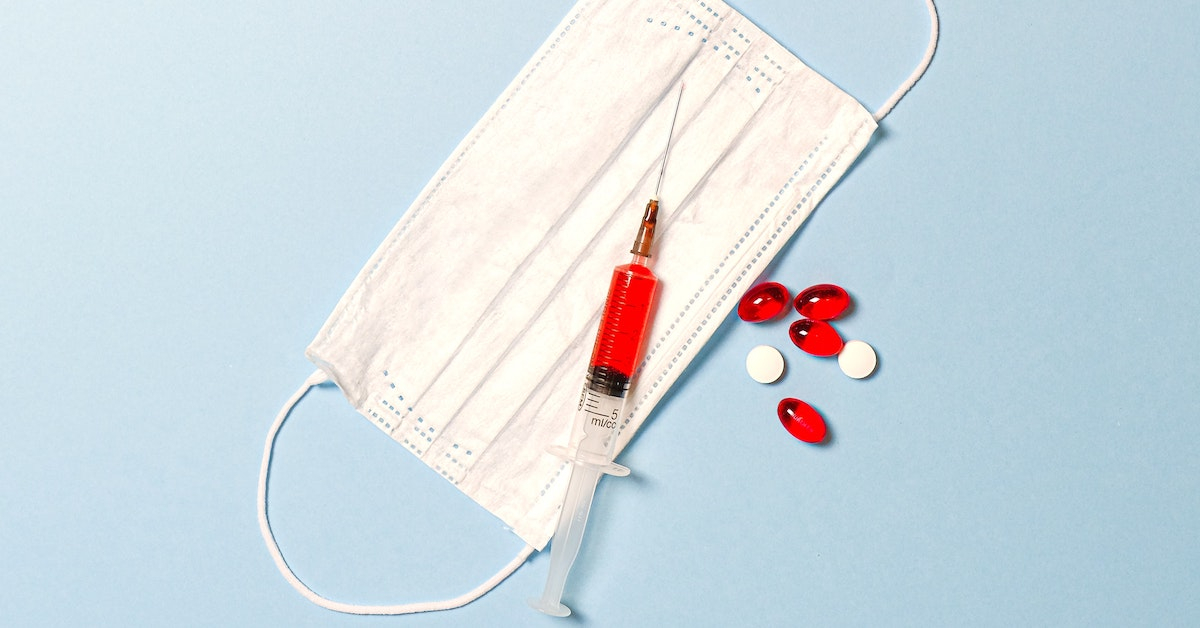The past two and a half years have seen an emergence of some very serious public health threats, including the COVID-19 pandemic, cases of the polio virus re-emerging in major cities like New York, Jerusalem, and London (ProPublica), or more recently, monkeypox.
Cases of human monkeypox virus were first reported in previously non-endemic countries this past April, and since then, the World Health Organization has declared monkeypox a public health emergency of international concern. How large is this concern, and why is this illness’s transmission such a matter of concern?
The disease has been around since 1958, was first discovered in humans circa the 1970s, and a previous U.S. outbreak of human monkeypox occurred in 2003. That being said, its recent transmission patterns are unusual, occurring in regions of the world where the virus previously wasn’t endemic.
These unusual transmission patterns are the main reason why there’s been renewed concern around the monkeypox virus from public health experts.
According to estimates from the Annenberg Public Policy Center, roughly 1 in 5 Americans are afraid of getting monkeypox. Comparatively, the same organization found that one in three Americans are concerned about contracting the COVID-19 virus, but 48% are unsure which of the two viruses is more infectious and deadly.
Both diseases have been subject to a slew of harmful myths, misconceptions, and misinformation. In the case of monkeypox, these stigma-driven misconceptions and myths are arguably spreading wider than the illness itself.
So with zero further adieus, here are 8 common misconception-driven questions surrounding the monkeypox virus, and some clear answers cutting through such misconceptions.
What Are The Symptoms Of Monkeypox?
Common monkeypox symptoms, though not usually fatal, are still highly unpleasant and detrimental to one’s overall wellness. Since monkeypox is obviously part of the pox virus family, its symptoms may present similar to the smallpox virus. Such symptoms could include:
The rash often presents as pimple or blister-like lesions anywhere around the body, and is often very painful and sensitive to touch. This rash may appear as one of the first symptoms of the virus, or further along into infection.
Is Monkeypox An STD?
Some people are mistakenly assuming that monkeypox is a sexually transmitted infection, given how many instances the virus is being spread through intercourse. The primary mode of transmission through monkeypox is via close skin-to-skin contact, whether sexual or not.
Hugs, kisses, hand shakes, and other instances of close skin to skin contact, not necessarily of a more intimate nature, can still transmit the monkeypox virus from one person to another.
Let’s elaborate further on what different forms of transmissible skin to skin contact entail, and how they can affect people regardless of age, sexual orientation, or condition of health.
How Does Monkeypox Spread?
Monkeypox can affect people young or old, rich or poor, kid or adult, immunocompromised or healthy, male or female. Contrary to the messages that harmful, stigma-driven narratives try to perpetuate, human monkeypox virus does not discriminate through its different modes of transmission.
These different forms of close skin-to-skin contact may include:
- Hugging and Kissing
- Sexual Intercourse
- Firm Handshakes
- Direct Monkeypox Contact
The fourth point refers to direct contact with infected rash lesions or infected body fluids. Human monkeypox virus can also be transmitted through infected clothing, surfaces, or objects used by a person infected with monkeypox, but this mode of viral transmission tends to be less common.
Pregnant people may also transmit the monkeypox virus to their fetus through the placenta, but likewise, this mode of transmission is also rare. It’s important to understand that monkeypox can affect anyone from any walk of life, and it’s important not to judge people suffering from the disease in a discriminatory fashion, especially with unfounded stereotypes far too often used to malign the LGBTQIA+ community.
Is Monkeypox Curable?
Unfortunately, there are no known cures or approved antiviral medications developed specifically for the human monkeypox virus. But the good news is that since monkeypox is part of the pox virus family, pre-existing medicines and vaccines developed to treat the smallpox virus have shown efficacy at treating monkeypox.
For more information on proper usage and guidance with regard to smallpox and monkeypox vaccines, refer to this helpful page published by the Centers for Disease Control and Prevention. You’ll also be happy to know that the monkeypox illness period is transitory and typically clears up with time.
How Long Is Monkeypox In Your System?
Typically, monkeypox symptoms only persist in the infected person’s body through the first 2-4 weeks following infection. Following the initial infection period, symptoms typically tend to go away on their own.
As far as how long you should quarantine for monkeypox, the CDC’s preventative practices recommend that you do so through the duration of your illness period, which again, typically lasts anywhere from 2-4 weeks on average. Until all symptoms have dissipated, the Centers For Disease Control and Prevention recommends that you:
- Wear a well-fitting mask if you need to go out in public
- Not share handled items with other people
- Avoid congregated and crowded settings
- Frequently wash hands with soap and water
Patients are believed to remain contagious for as long as they have a visible monkeypox rash. Obviously, if symptoms continue to worsen and you need urgent assistance, we would recommend seeking a doctor ASAP.
Can Monkeypox Kill You?
There have been a few tragic stories of patients passing away from exposure to human monkeypox, but overall, the case fatality rate from the monkeypox virus is lower than its smallpox cousin, as well as the COVID-19 virus.
Monkeypox is also unlikely to become as transmissible as COVID-19, given that the disease is not airborne, and is primarily transmitted through close, skin-to-skin contact. With that said, how can patients most effectively immunize themselves from exposure to the human monkeypox virus?
Is There A Monkeypox Vaccine?
As of now, there are two vaccines which have shown efficacy for the treatment of the human monkeypox virus:
- ACAM2000, originally developed for smallpox
- JYNNEOS, a new, monkeypox-specific vaccine
The JYNNEOS vaccine is believed to have 85% effectiveness at preventing the infection of human monkeypox. The Centers For Disease Control recommends the vaccine for patients who have been exposed to monkeypox within the last 4-14 days, and those who work in occupations with animals.
Why Is Monkeypox Such A Concern?
If the human monkeypox virus has such a low transmission and case fatality rate, why is it so concerning to public health experts, to the point that the World Health Organization has declared it a public health emergency of international concern?
For one, the pain and scarring of monkeypox can last for weeks to months on end. Furthermore, though its health risks are low in most cases, monkeypox can still pose more serious health risks to vulnerable communities, including immunocompromised people and children.
Ergo, problematic societal attitudes around monkeypox have continued to reinforce problematic social stigmas. It's important to be vigilant and do everything you can to not let this disease, nor its associated harmful stigmas, spread about.
Antidote Health Online Doctor Screenings
If you need further support, preventative screenings, and affordable care, telehealth providers are the way to go, especially all-in-one, family-focused care providers like Antidote Health.
For more information on Antidote, read our full provider review, and use their sign-up code to receive $10 off your first appointment.


